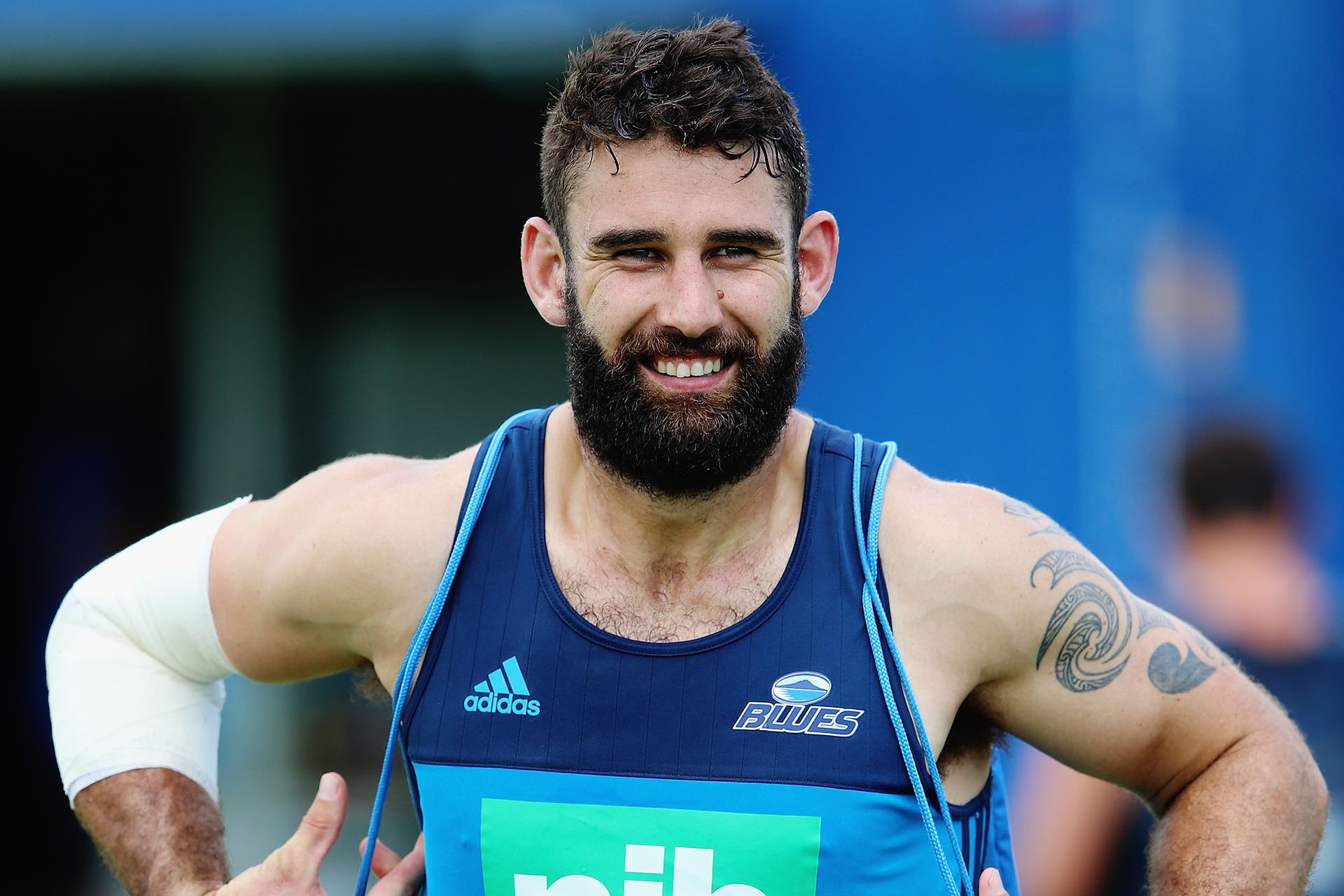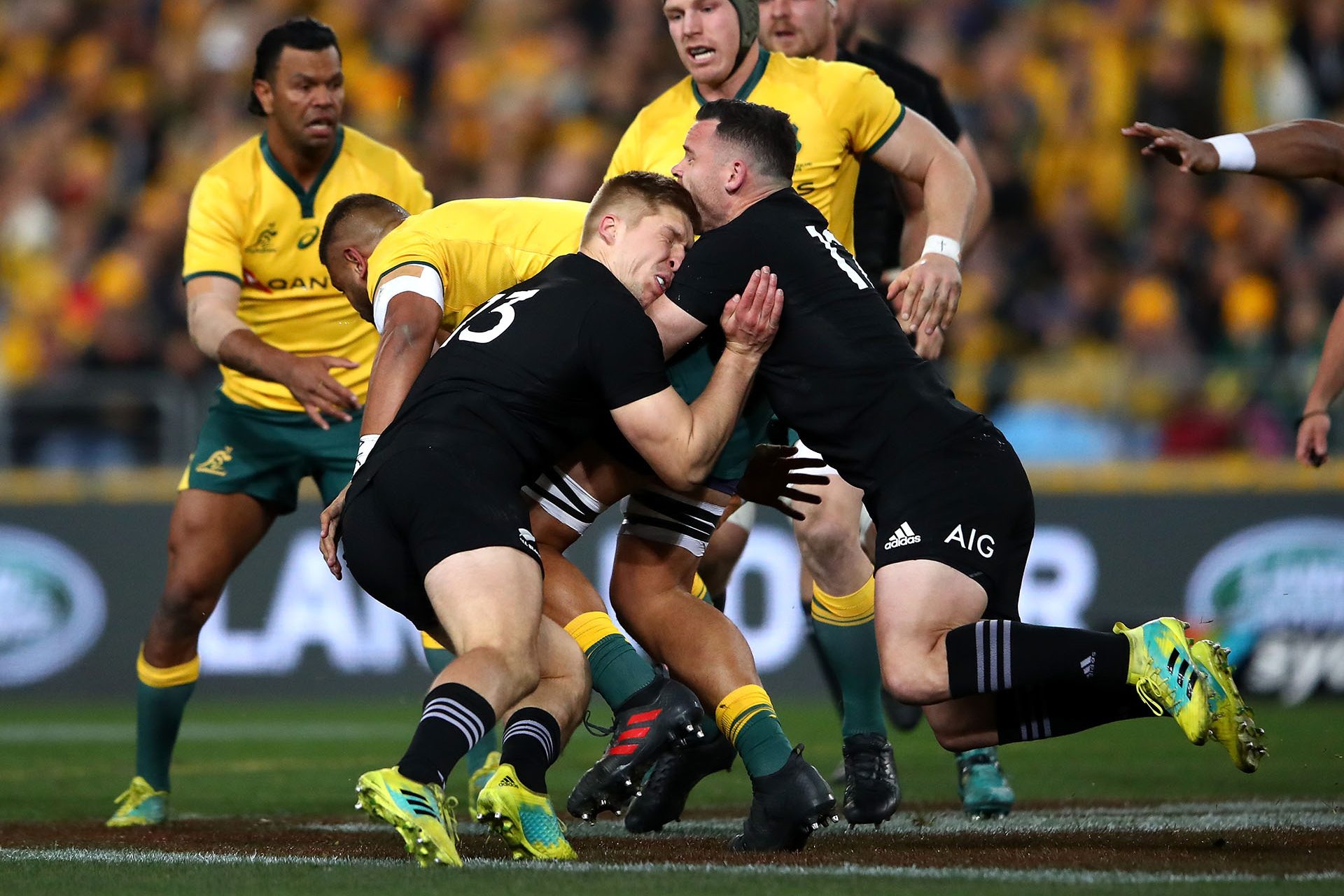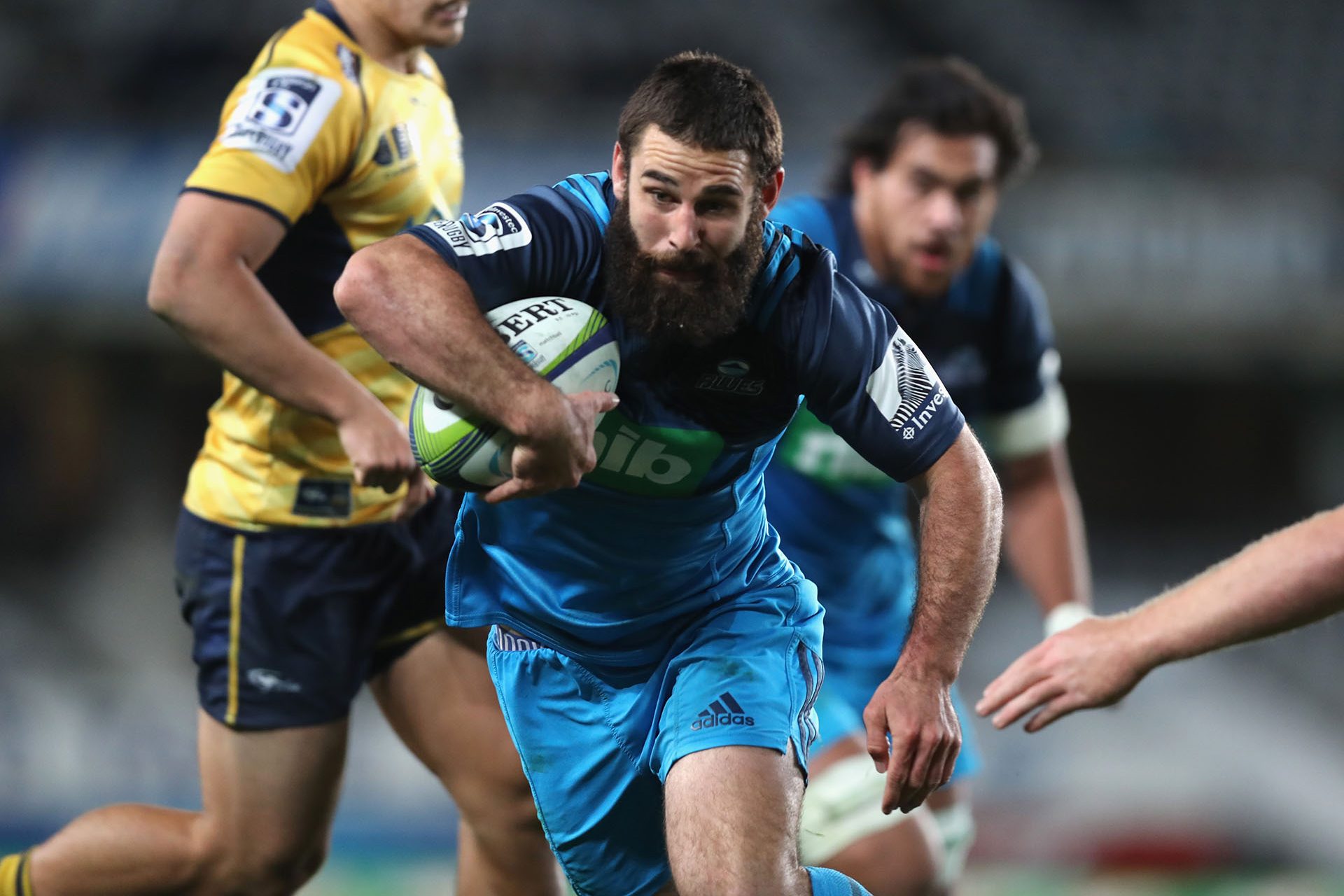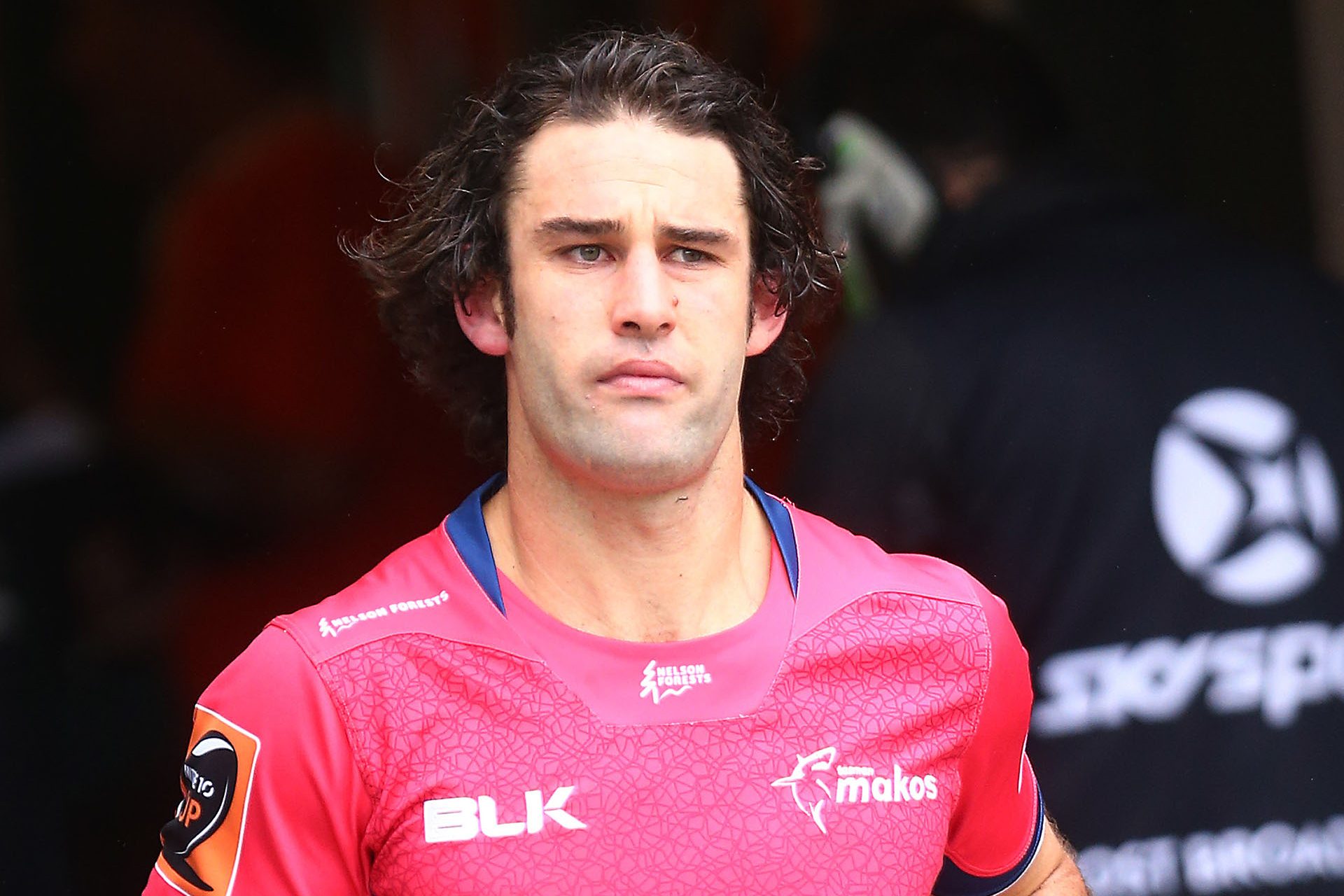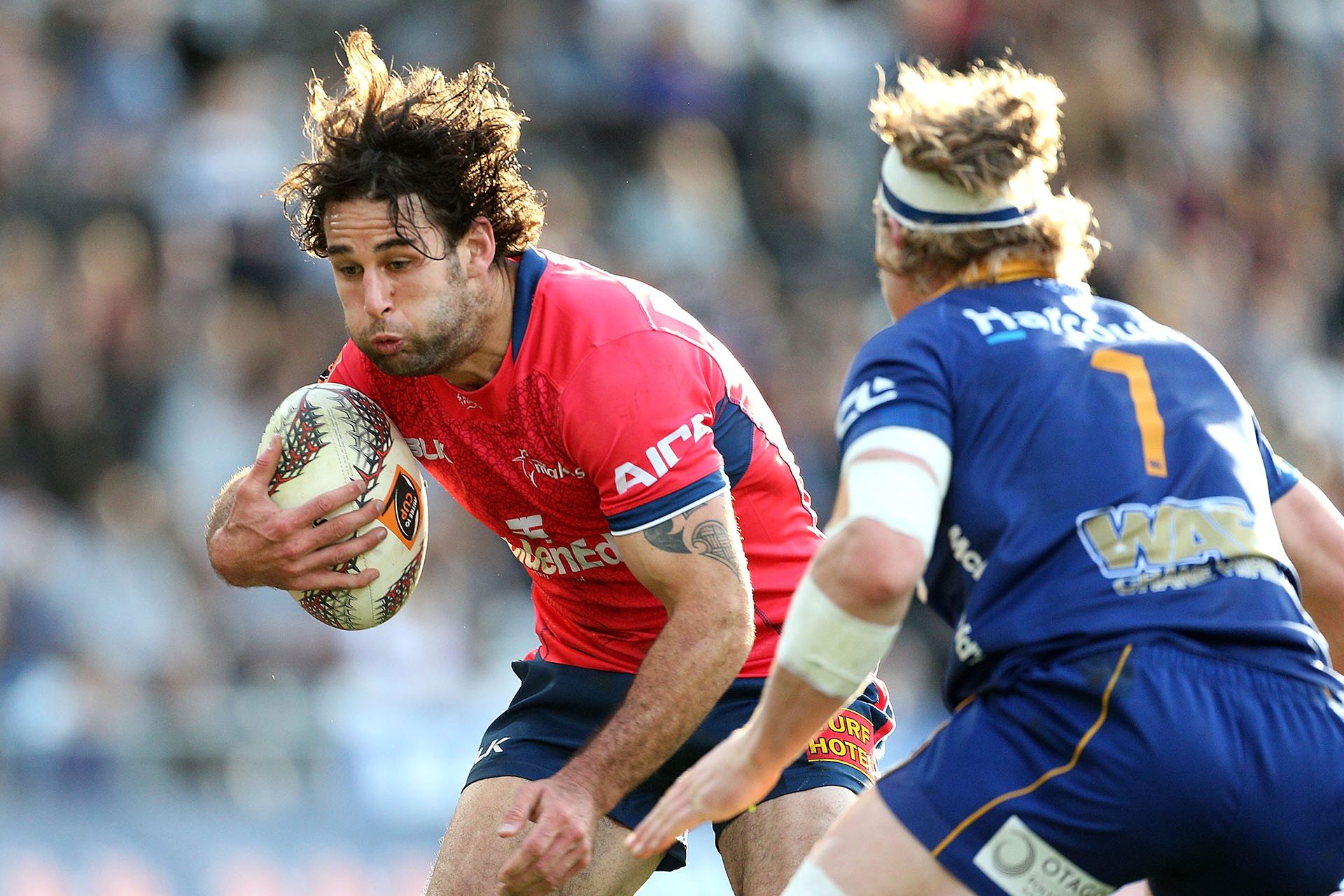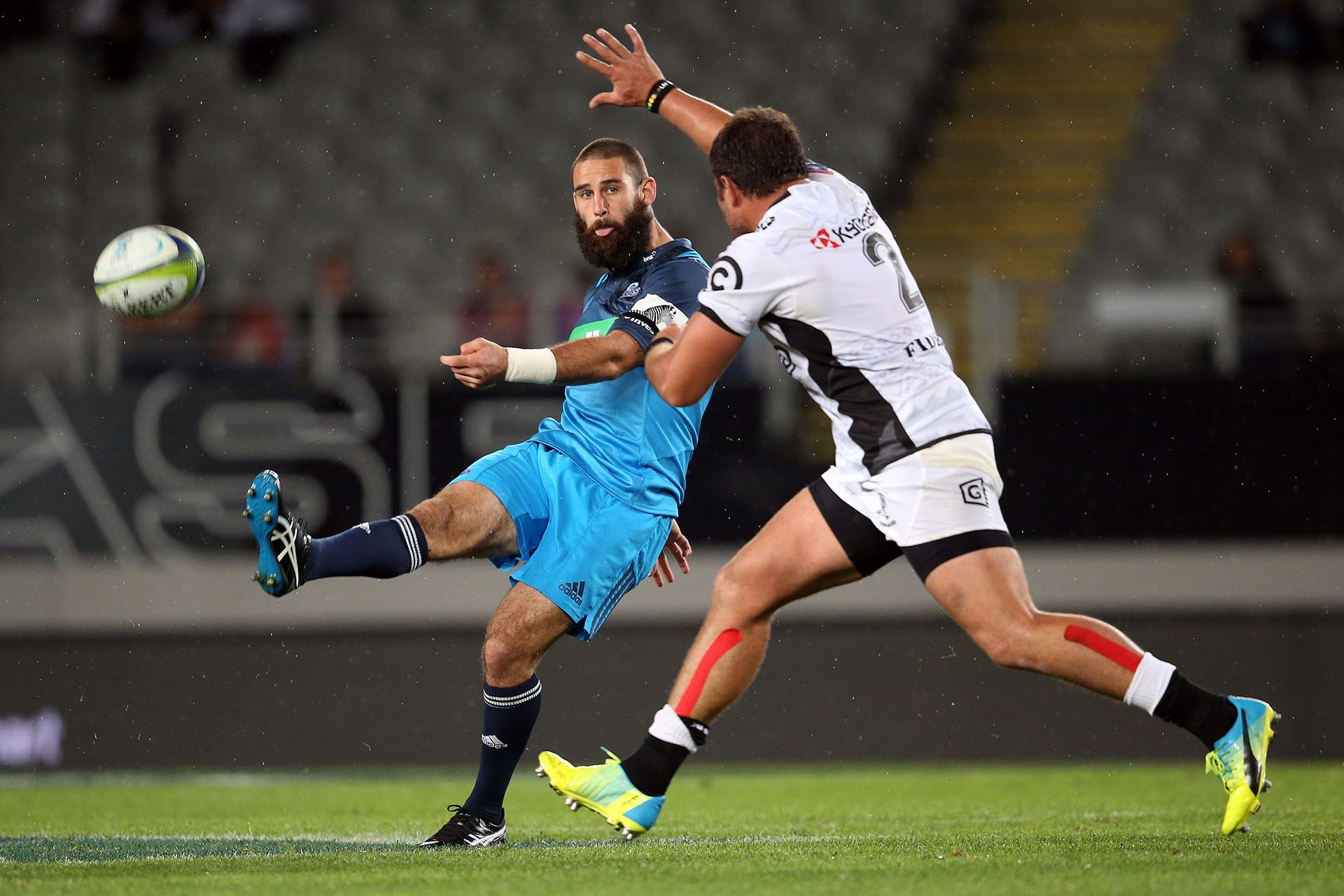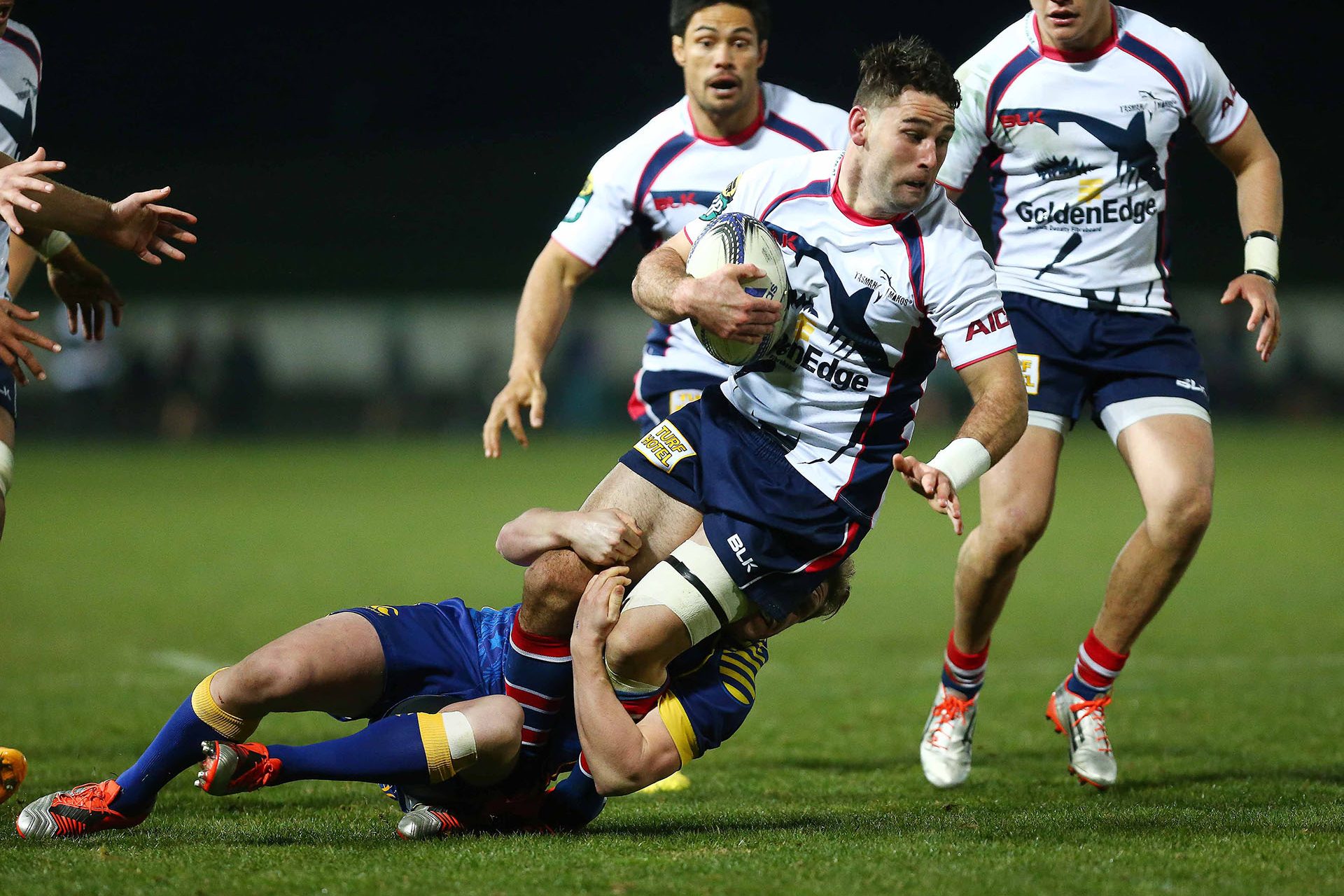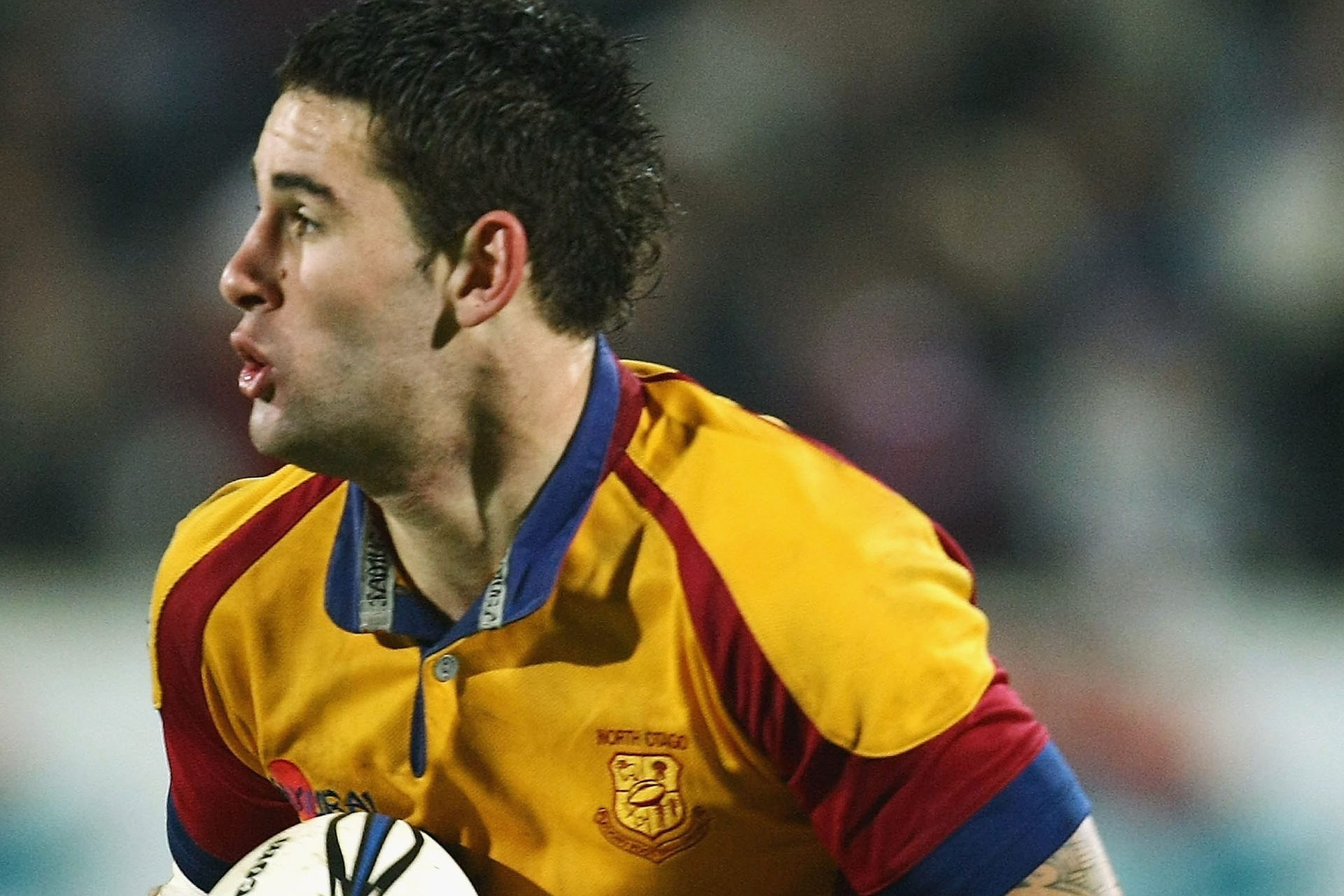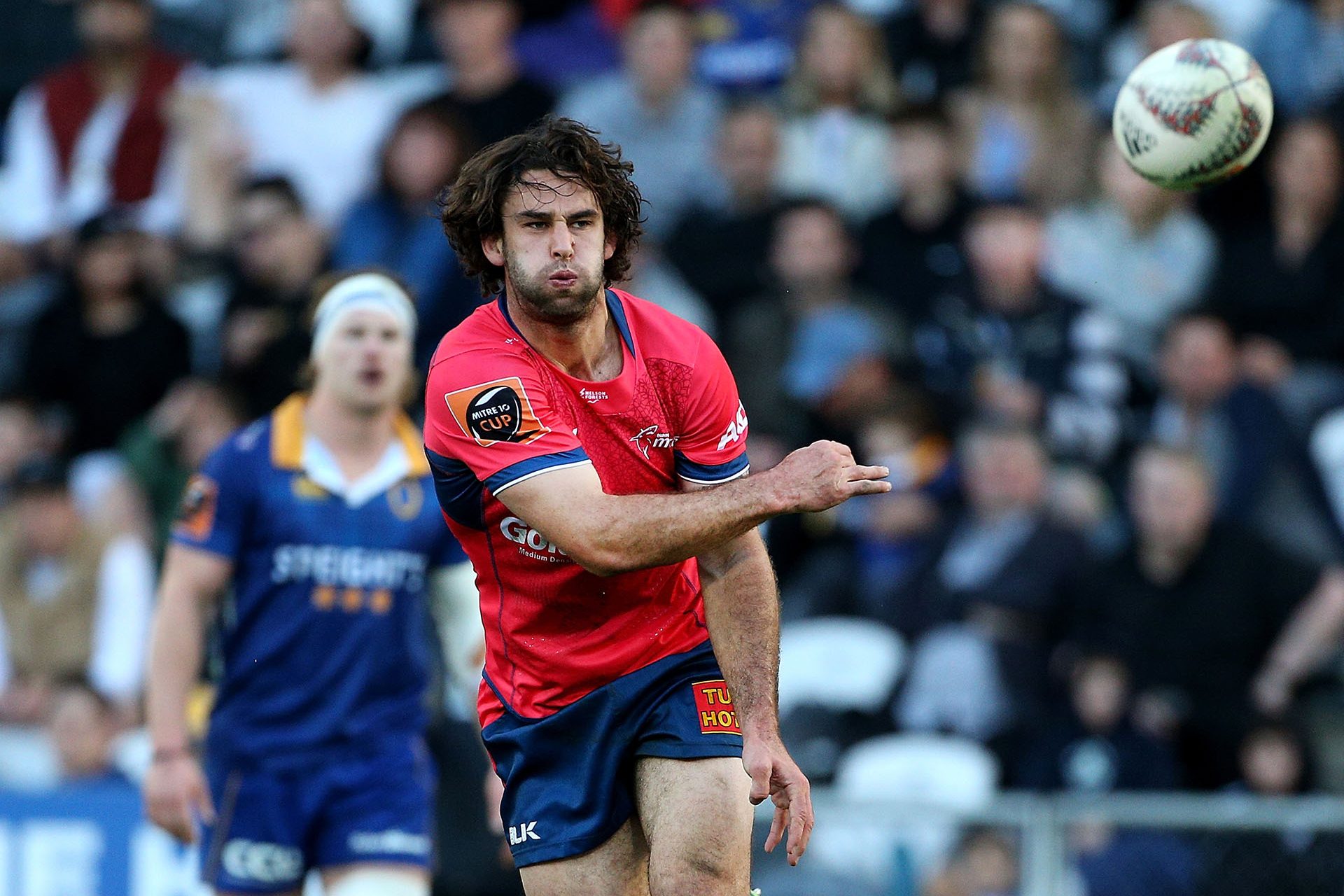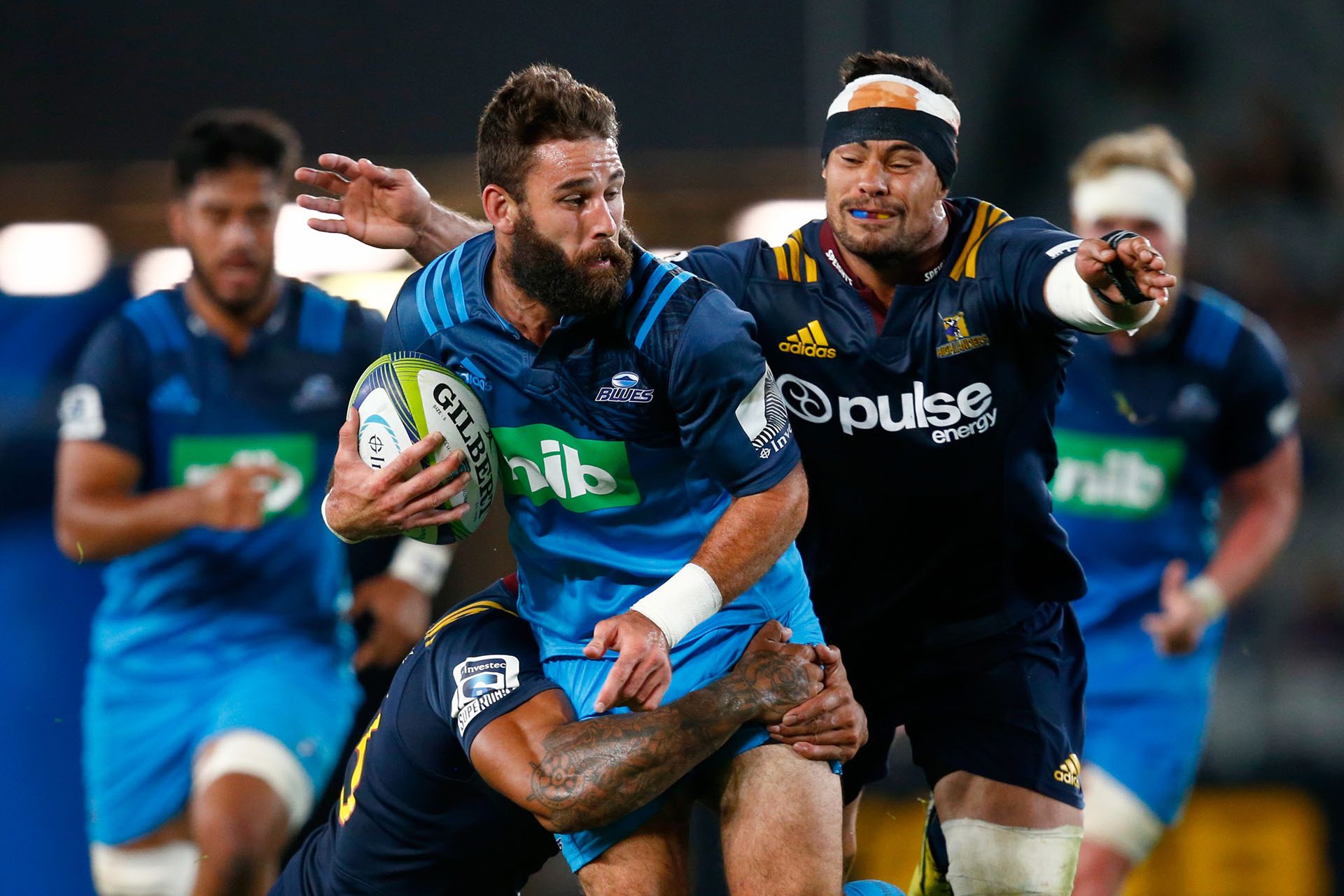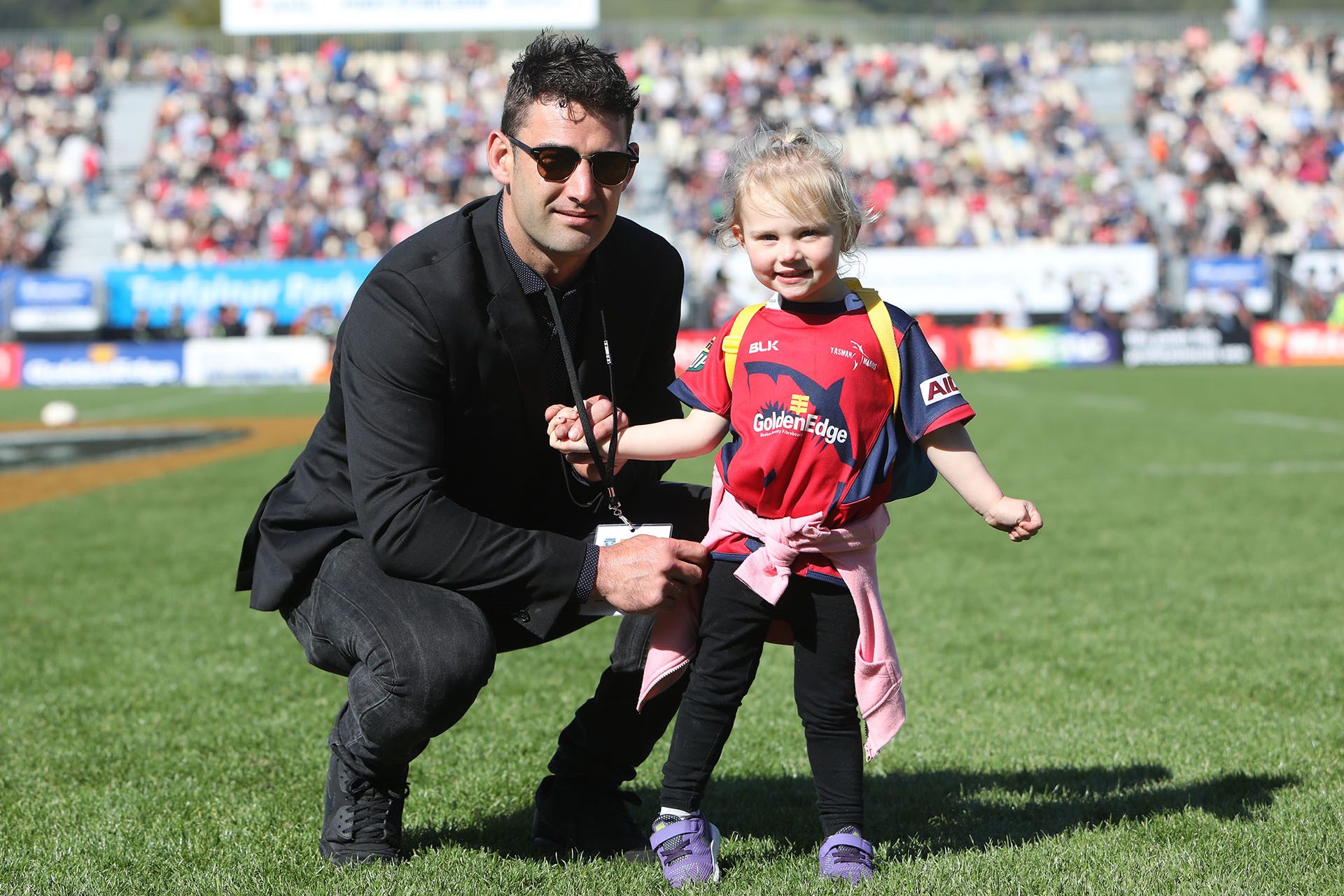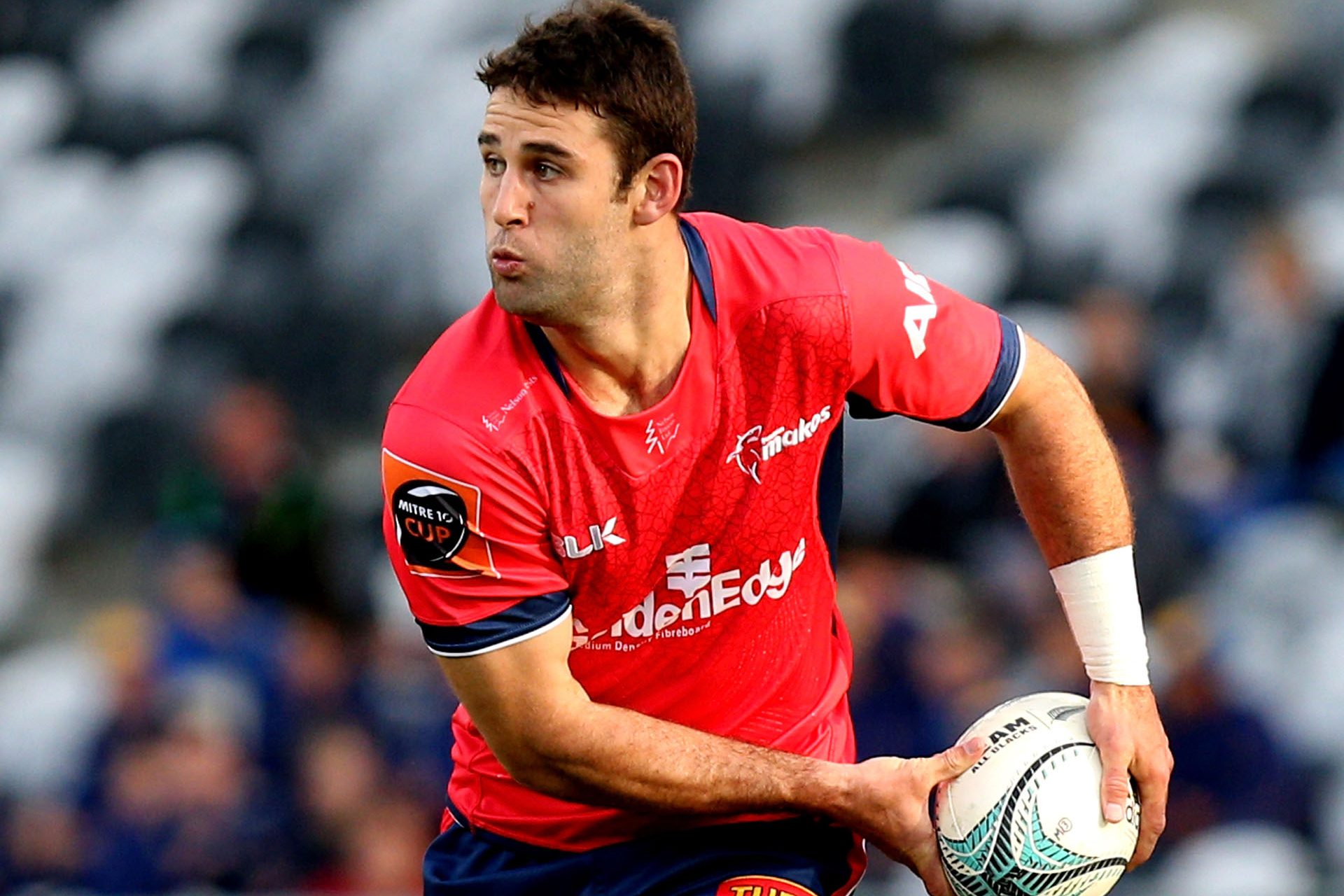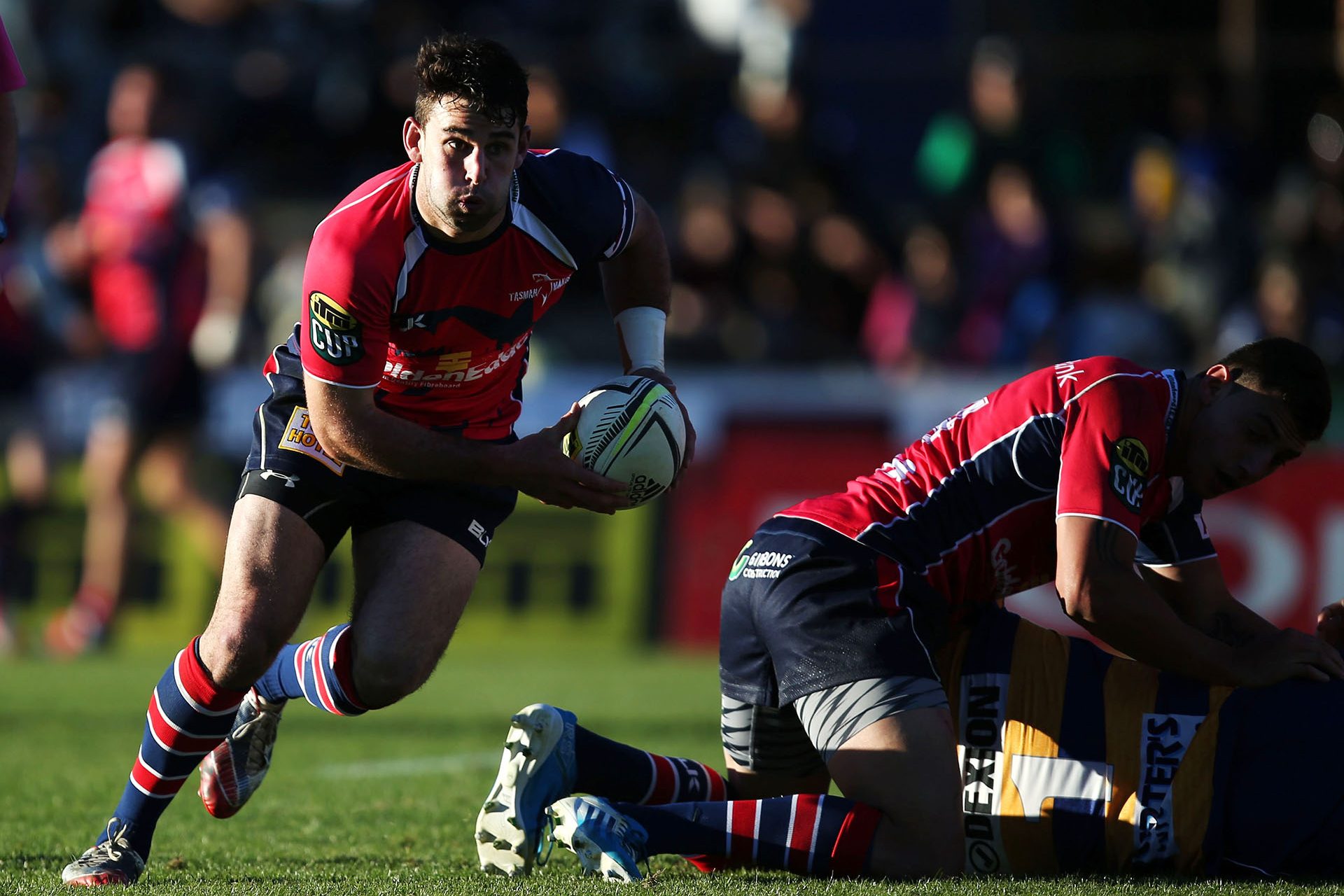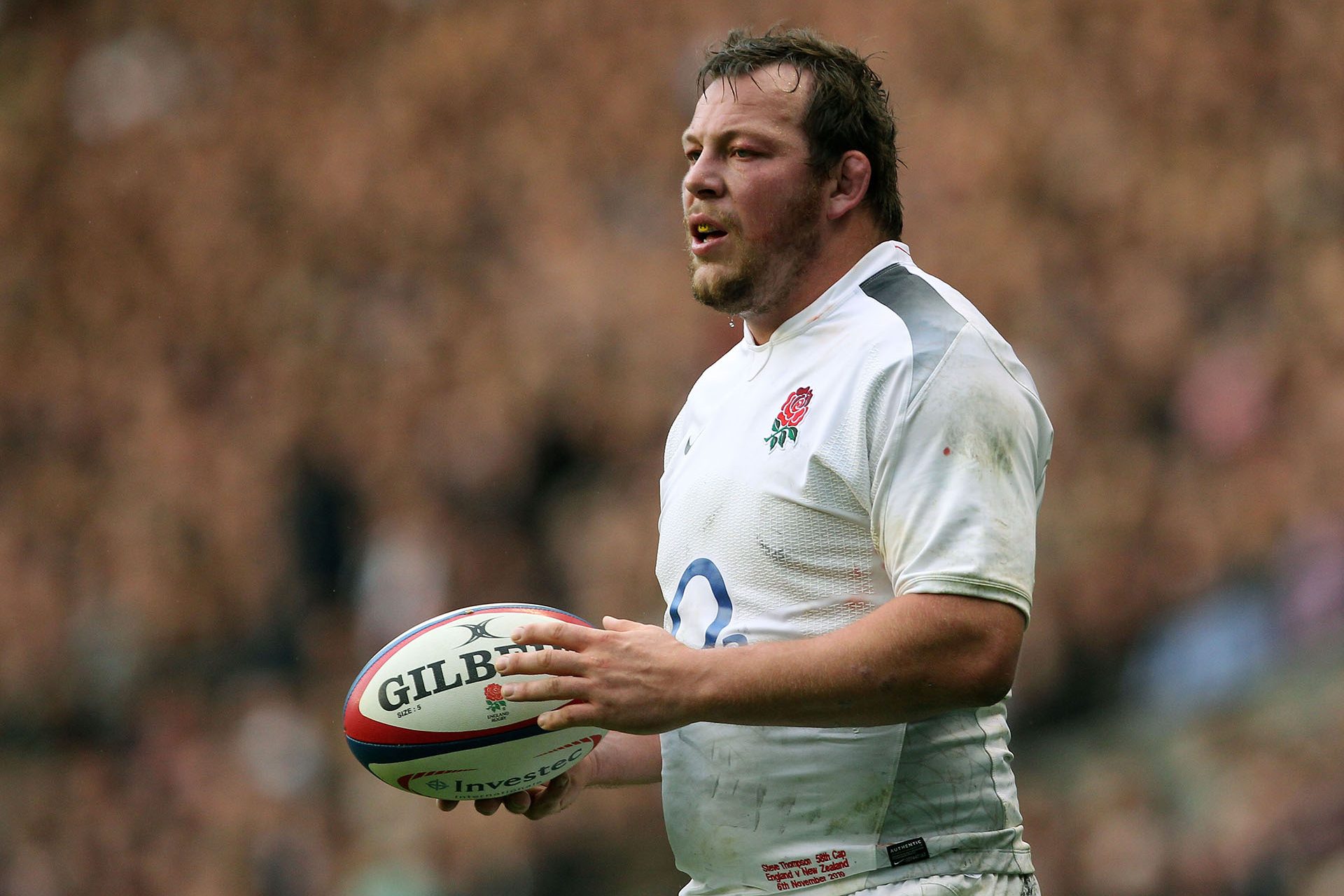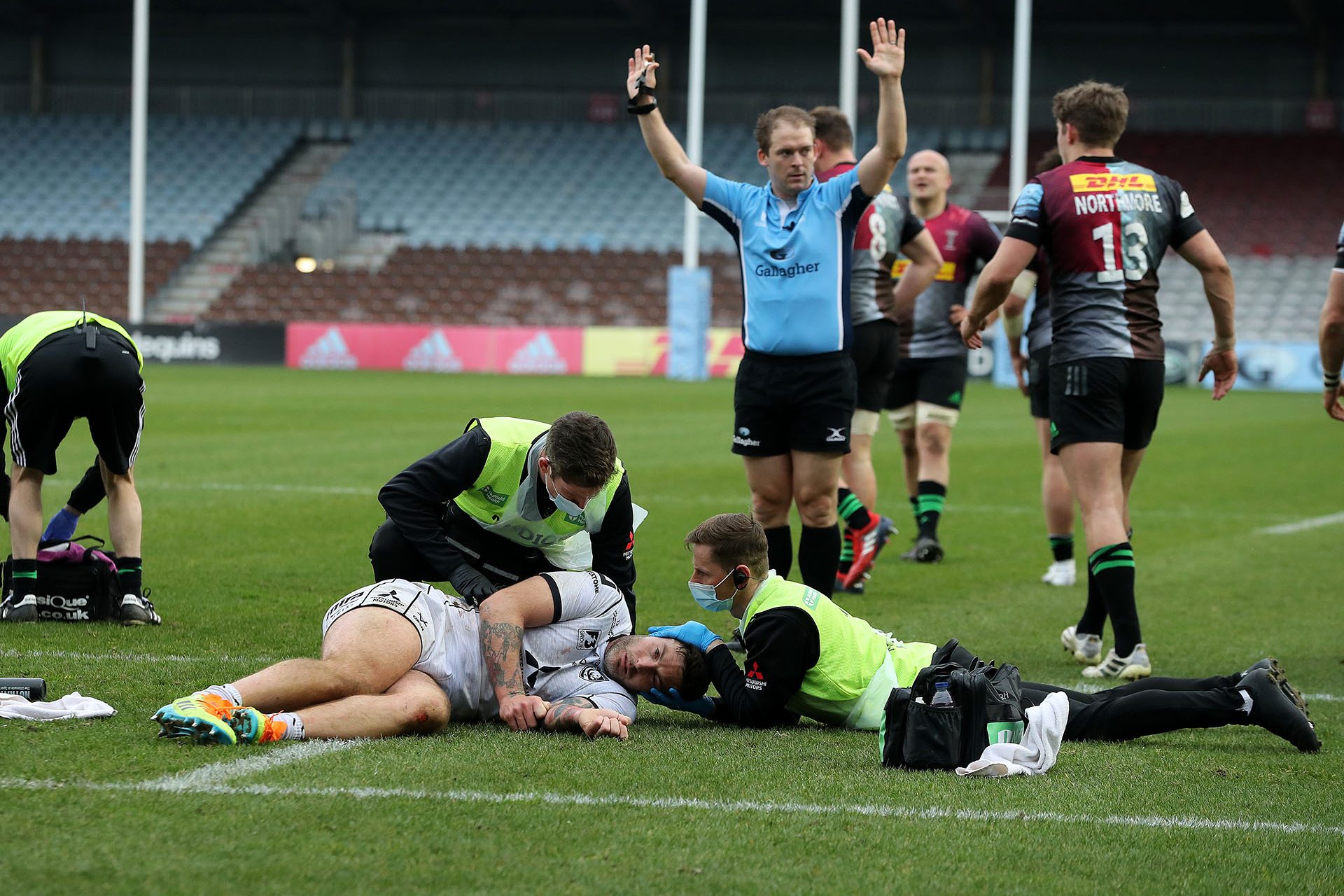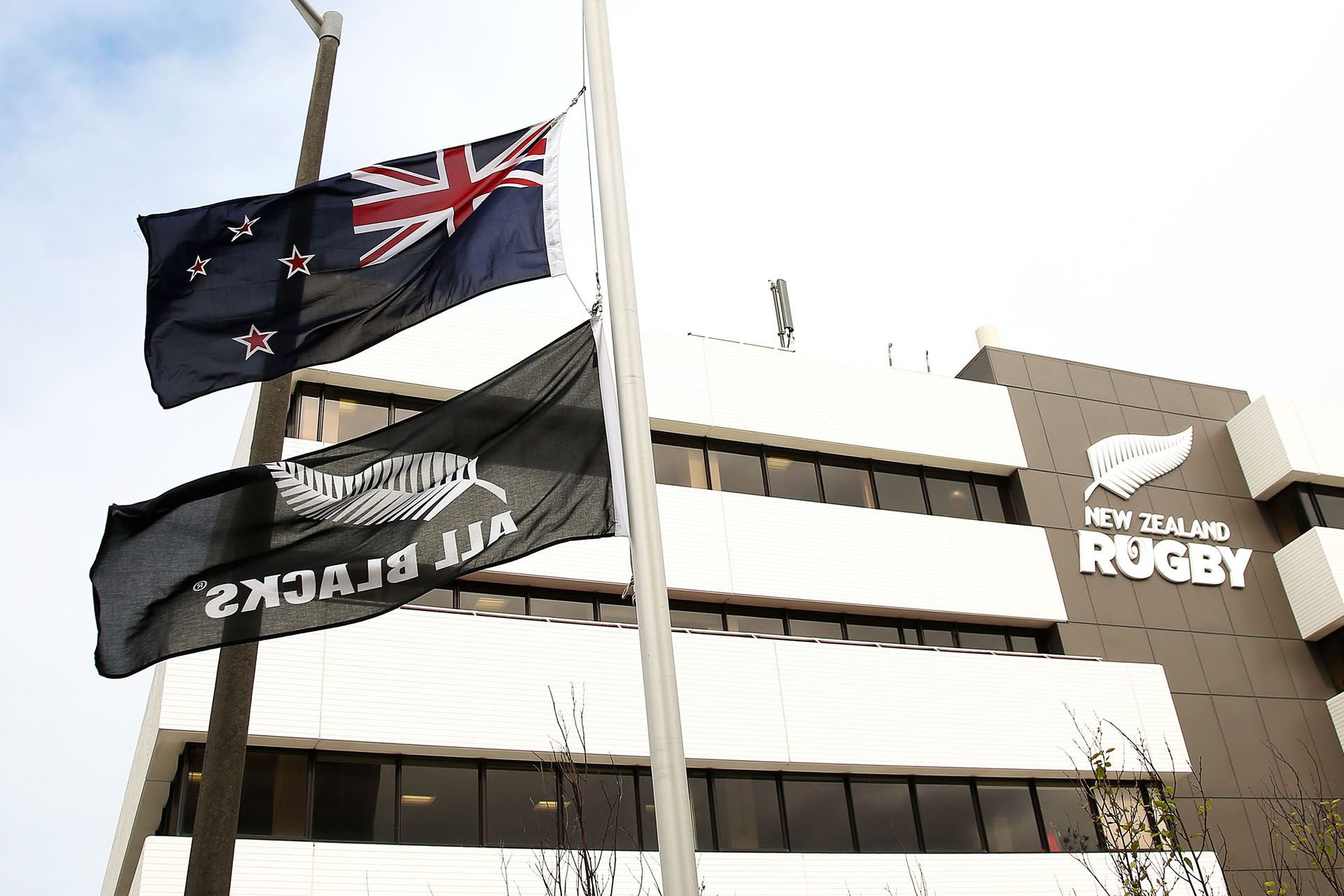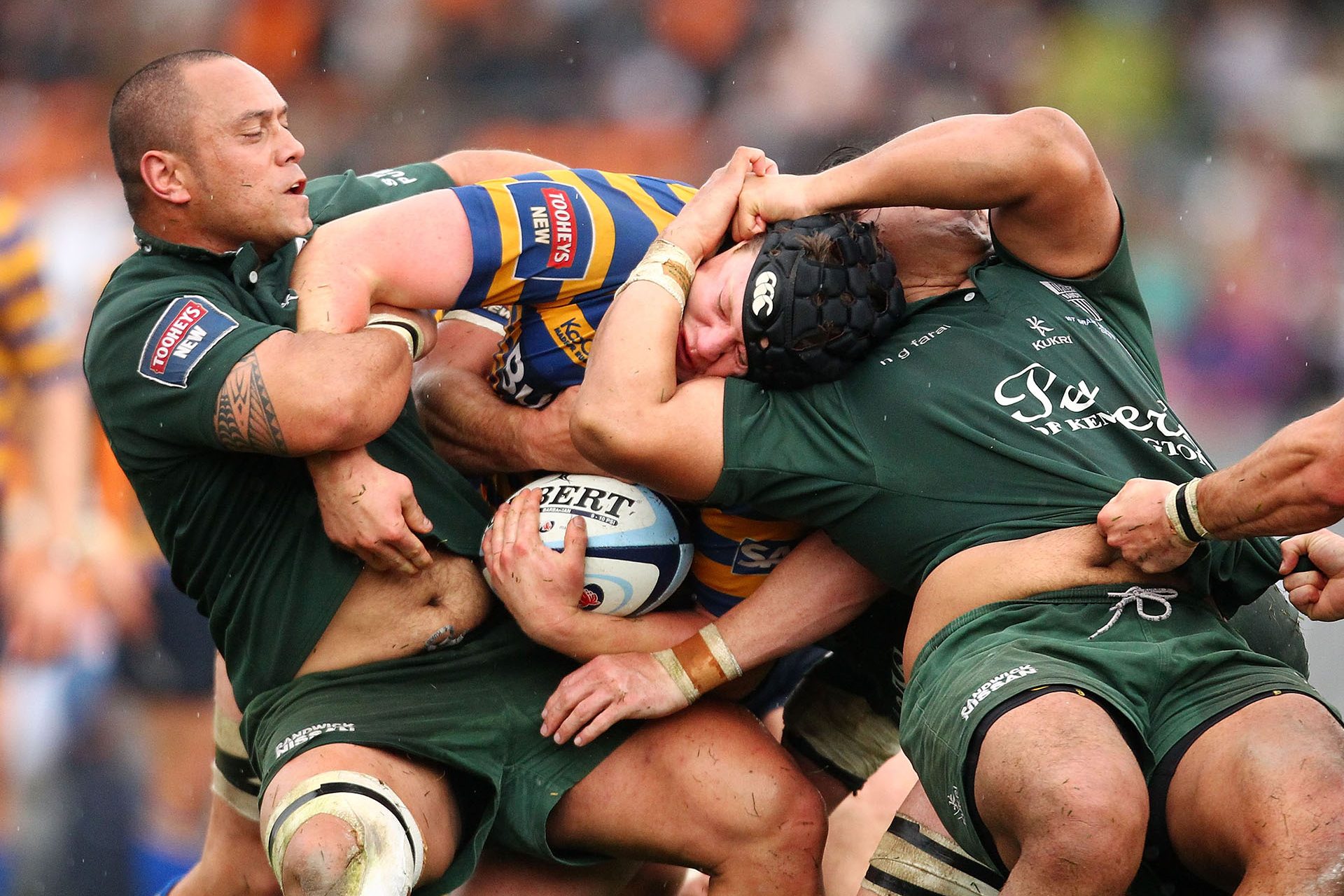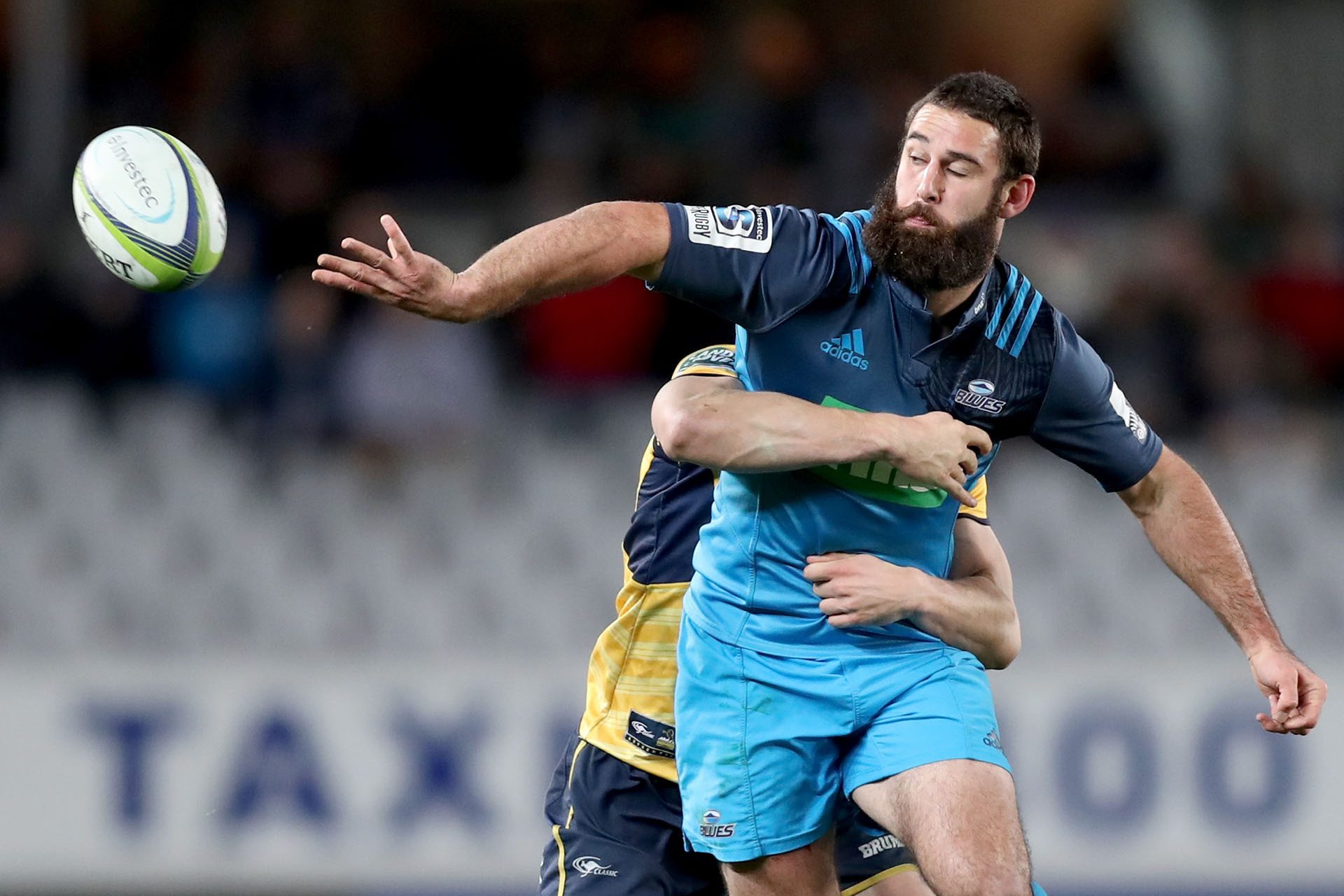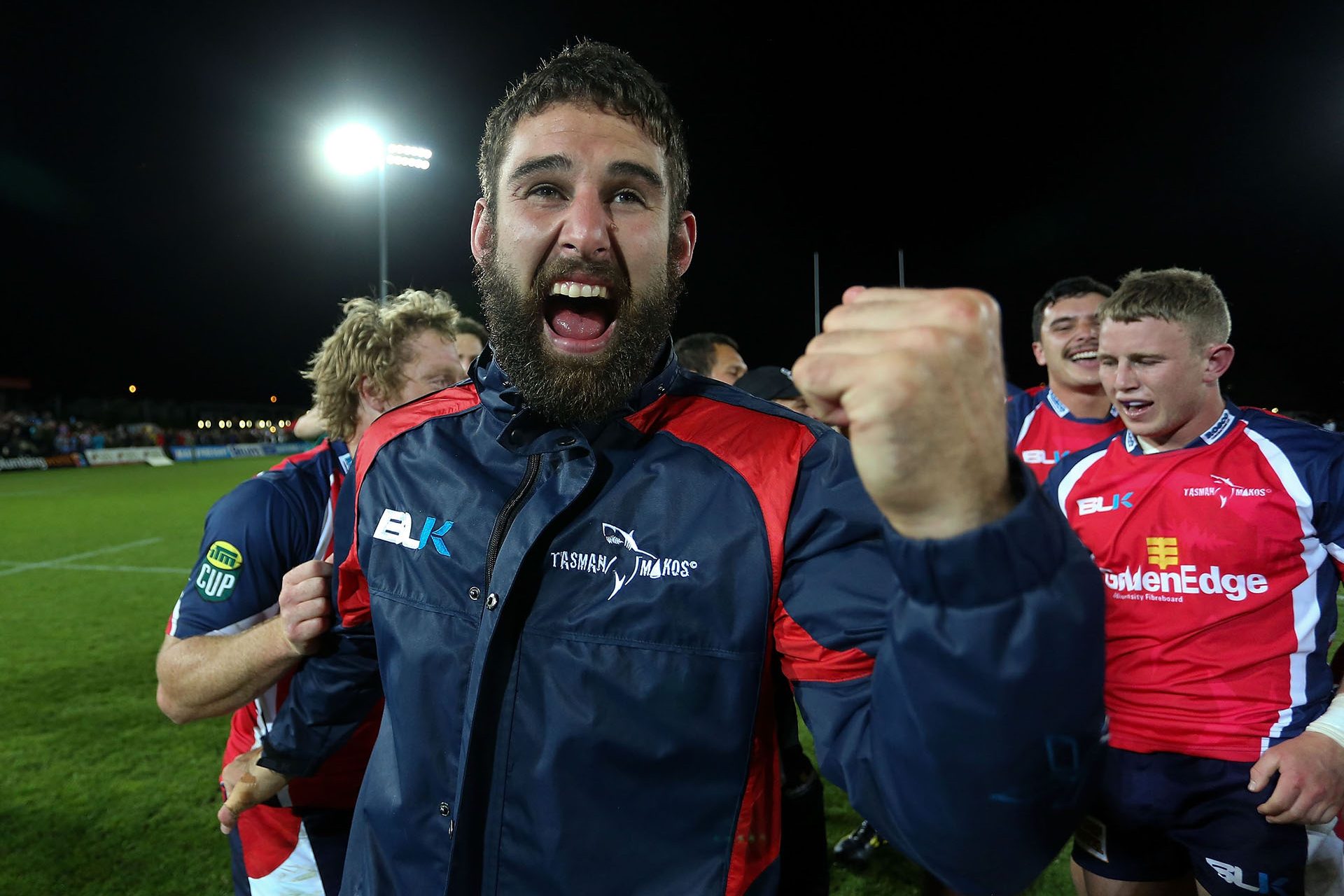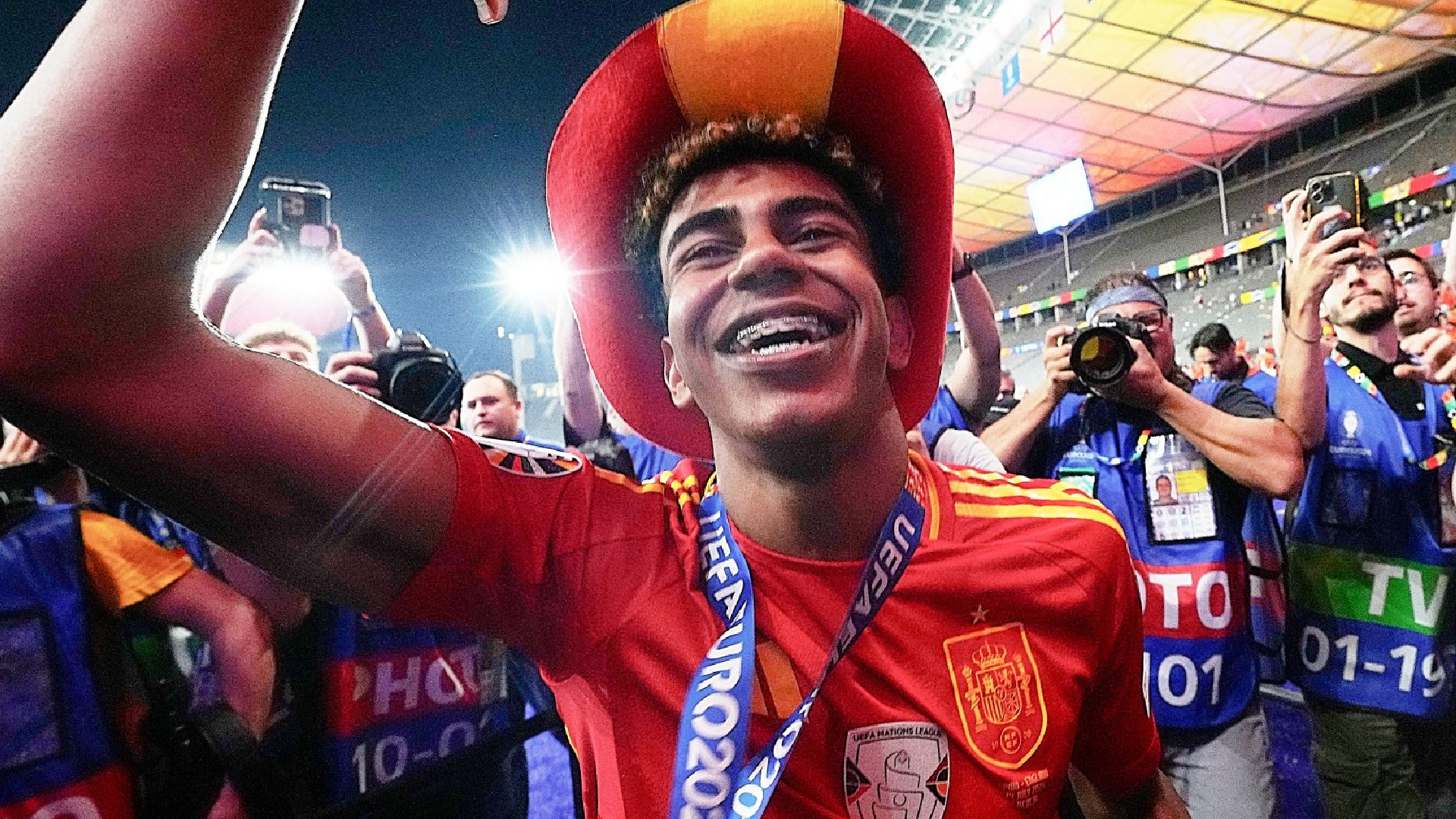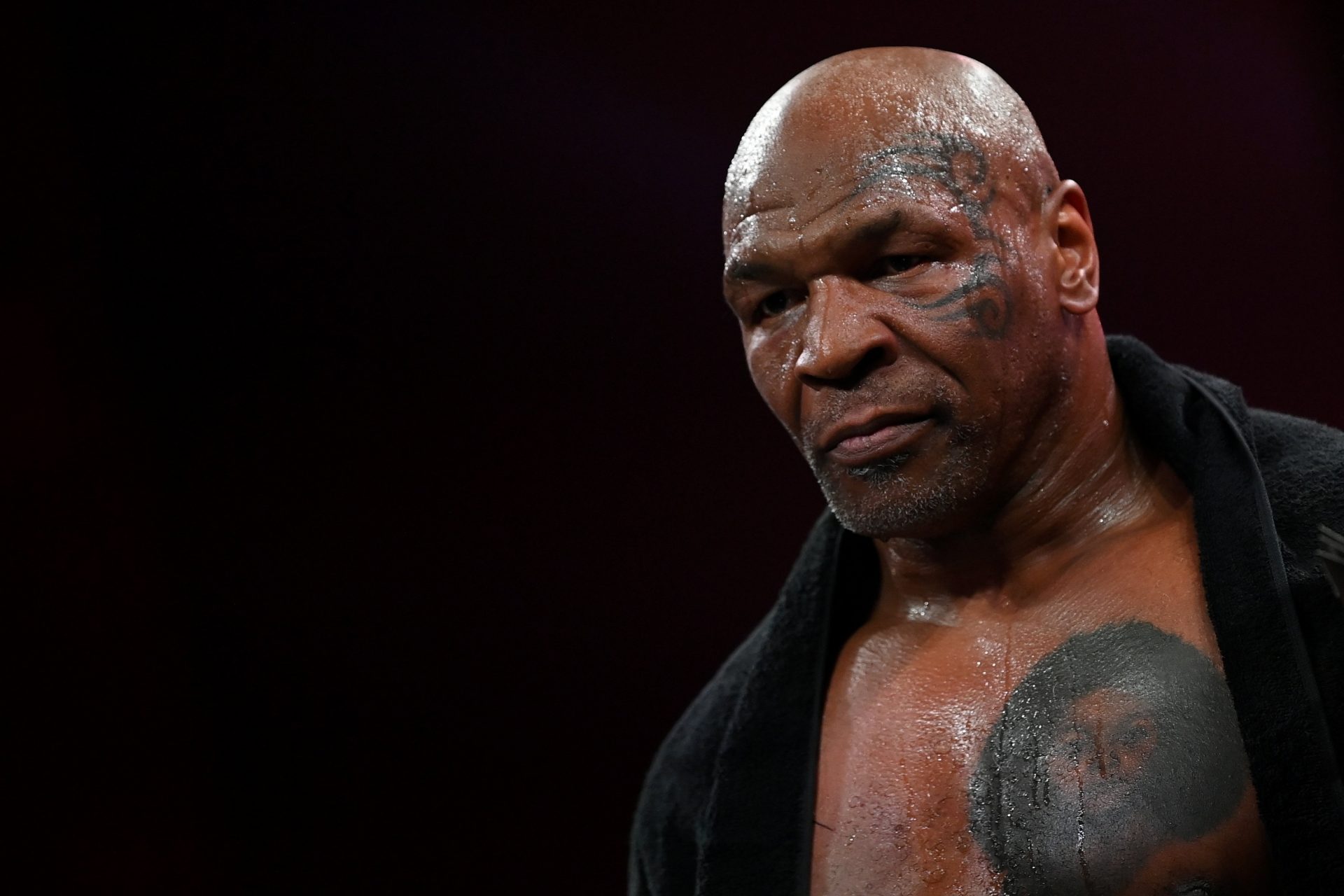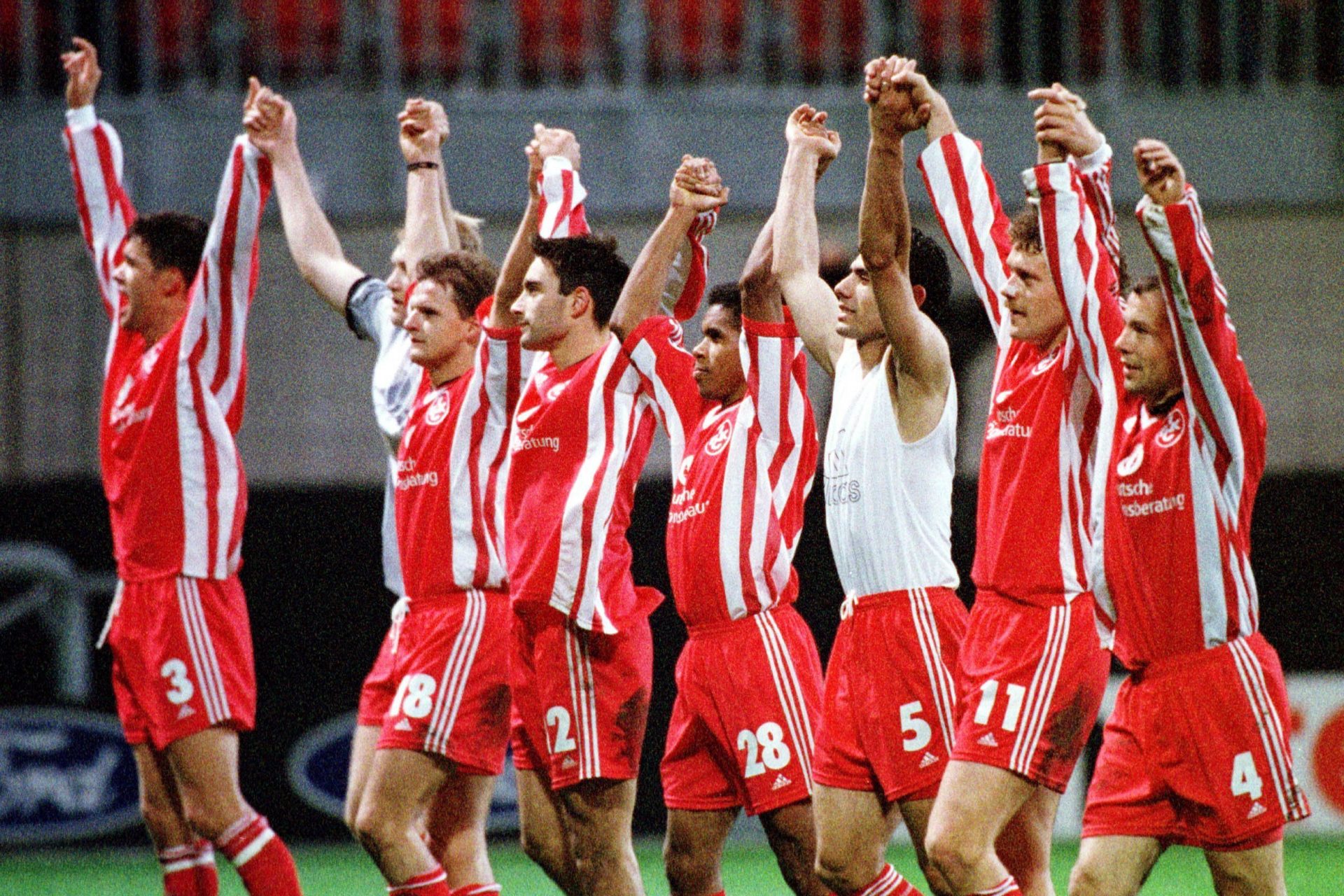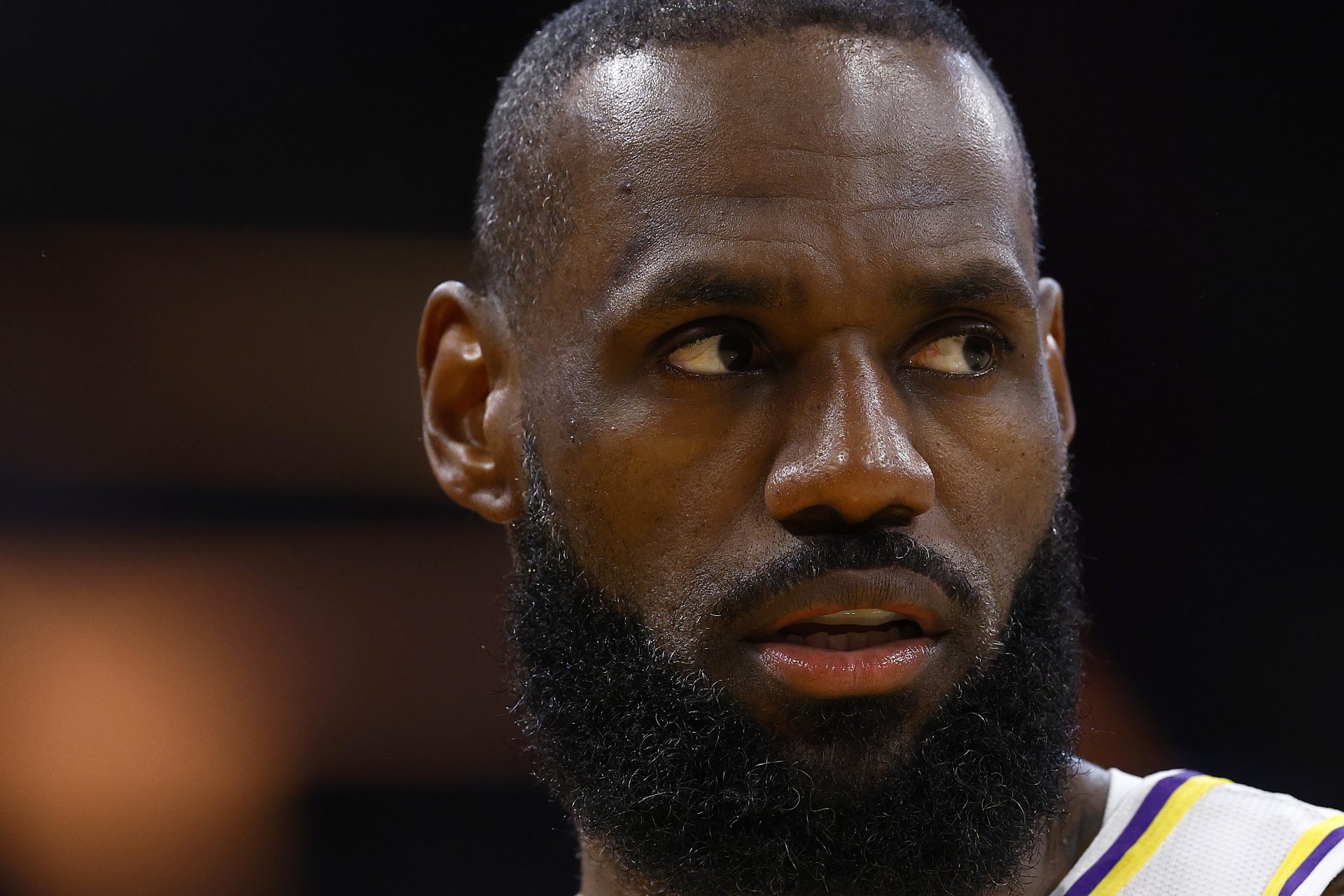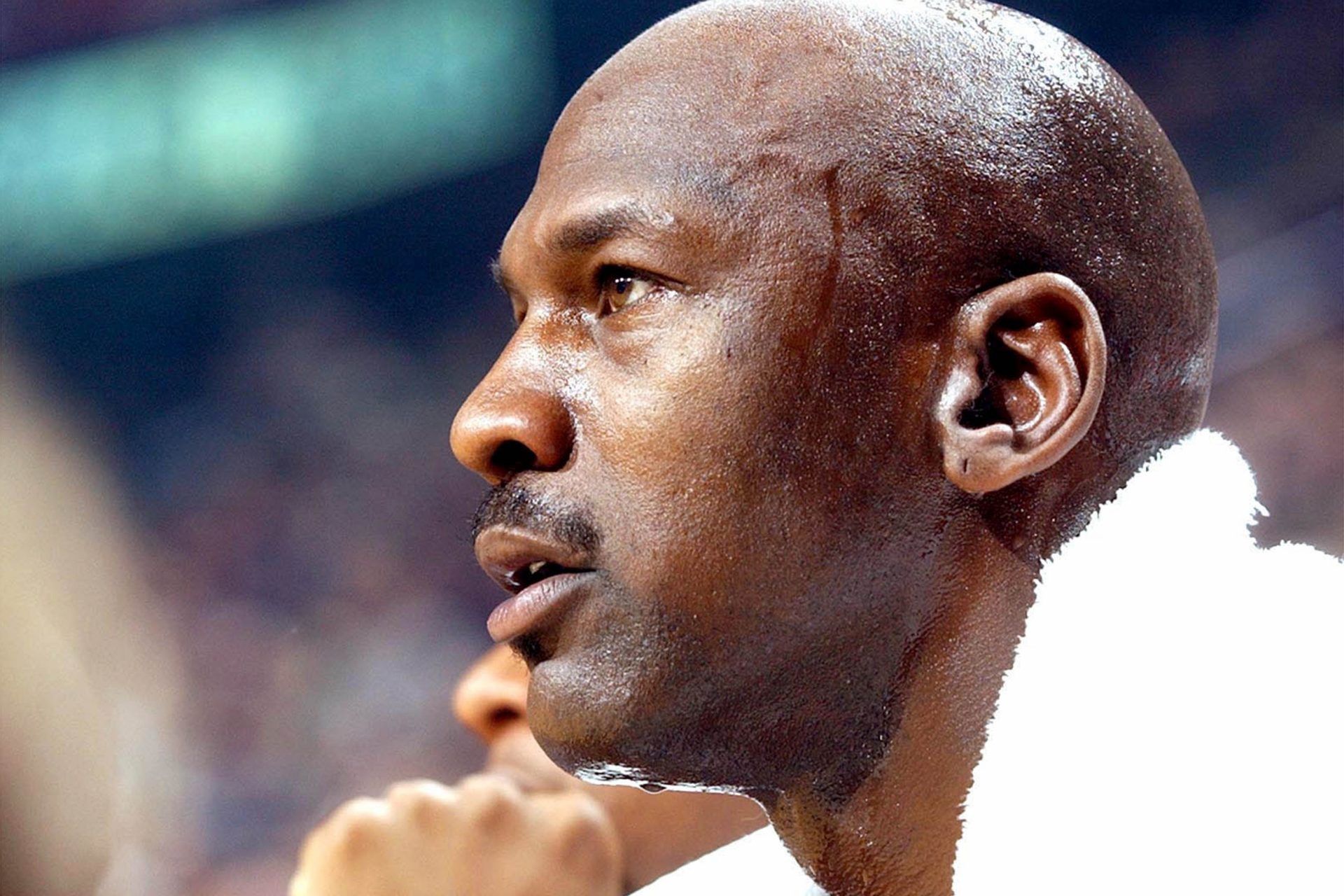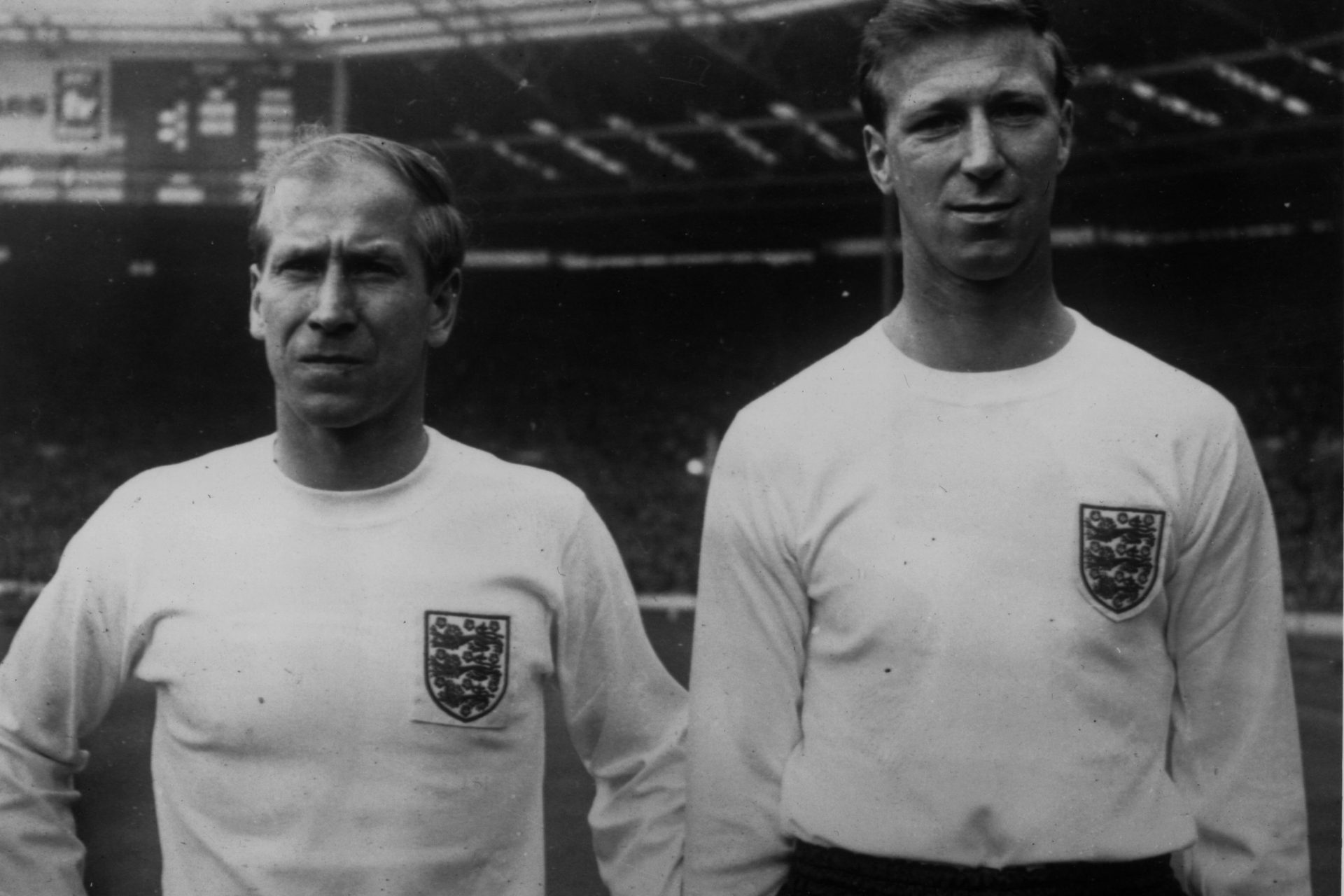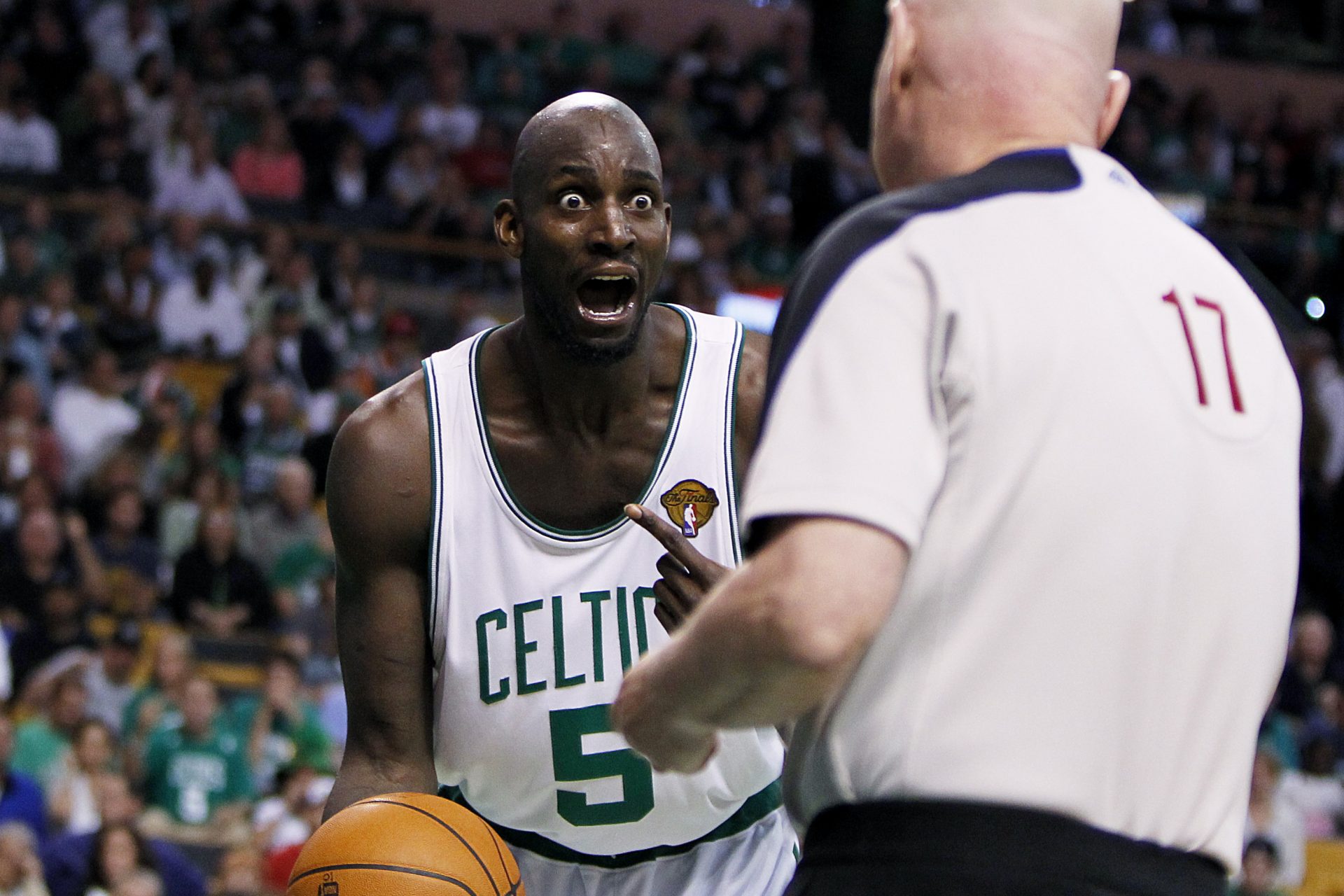Rugby's wake-up call: understanding the illness that took Billy Guyton's life
Rugby is arguably one of the most brutal contact sports in the world and poses a risk for the athletes involved. Bruises, cuts, fractures, dislocations, sprains, and strains are some of the most common injuries, but after the passing of Billy Guyton, the rugby world is on high alert. He is the first New Zealand rugby player to die from a CTE-related illness.
Head blows are a constant during a rugby game. Some hits are milder than others, however, all impacts can have serious consequences for rugby players.
Want to see more like this? Follow us here for daily sports news, profiles and analysis!
The sudden passing of former New Zealand player Billy Guyton on May 15, 2023, left many rugby fans around the world in shock. A thorough study into his death was conducted, and recent publications are revealing troubling information.
According to The Guardian, Guyton's family donated his brain to the University of Auckland (New Zealand) for a study that confirmed that he suffered from chronic traumatic encephalopathy (CTE), thus becoming the first professional rugby player to lose his life due to this degenerative disease.
CTE is "a degenerative brain disease known to cause violent moods, depression, dementia, and other cognitive difficulties" and, according to researchers, "the severity of symptoms increases in those who have suffered concussions at an older age earlier," they pointed out from Sky Sports.
The worrying diagnosis was confirmed by Associate Professor Michael Buckland, founder and director of the Australian Sports Brain Bank, as a stage 2 CTE, which falls between mild (stage 1) and severe (stage 4) in the strata of this degenerative disease.
To this, its deputy director, Maurice Curtis, added in statements to the New Zealand Herald, that stage 2 in which Guyton was found "is characterized by brain anomalies broadly defined by accumulations of tau protein in the crevices of the brain, the furrows, especially in the front part of the brain."
"The diagnosis of a young person with CTE is significant, since it indicates that the brain has been affected by blows to the head at a very young age," Curtis also highlighted in statements to the New Zealand media. In Guyton's case, it had a more than obvious explanation: the repeated blows he suffered for years during his matches.
Throughout his career, in which he played for the Hurricanes, Crusaders, and Blues, in addition to wearing the Maori All Blacks shirt, the scrum half born in Timaru in 1990 suffered numerous concussions that led to his retirement in 2018.
"I had headaches all day and my level of fatigue had grown," Guyton himself highlighted in the New Zealand portal Nelson Weekly after his retirement.
"Watching television gave me headaches, as did doing too many tasks and making loud noises. Some days I needed earplugs or felt nauseous and had blurred or double vision," said the player, according to the Argentine newspaper Clarín. He began to realize his situation when he noticed that it was becoming increasingly difficult for him to play with his two-year-old daughter.
His own family confirmed the problems he endured during the following years after his goodbye to rugby. "The poor guy spent hours in a small, dark closet because he couldn't stand being in the light. Some mornings he would cry in the shower, trying to find the energy to move," his father told the NZ Herald.
The Guardian also published that, once with the report in hand, "an Australian pathologist was sent to obtain a second opinion", from which it was concluded that a fissure had appeared in the middle of his brain that, despite not be a sign related to CTE, it would be "a rare traumatic injury in a young brain like Guyton's."
Want to see more like this? Follow us here for daily sports news, profiles and analysis!
The New Zealand player is the first to lose his life due to this disease, but not the only one affected by it among rugby professionals, among whom there are other cases suspected of suffering from it - since it can only be confirmed post-mortem - such as those of British hooker Steve Thompson, the Welshman Alix Popham, and the New Zealander Carl Hayman.
With all this, the debate is now on the table and, as confirmed by The Guardian, there is already a large group of potentially affected people who have come together "to take action against the governing bodies of World Rugby, Rugby Football Union and Welsh Rugby Union, alleging who were not adequately cared for or informed" during their years as professional players.
"Everyone who cares about contact sports has to accept that in the coming decades we will witness the premature death of many more players due to their neurodegenerative process," said one of the representatives of these players.
On social media, the New Zealand Rugby Union told it is "concerned about the possibility that repeated impacts to the head could contribute to neurodegenerative diseases in the future."
Meanwhile, the rest of the organizations around the world of rugby have announced, according to Clarín, changes that avoid risks of brain injuries, such as, among other things, "smart mouth guards, a lower tackle height, contact guidelines, changes in laws or mandatory education for coaches."
Meanwhile, in the midst of the noise, Guyton's father's words to the NZ Herald echo: "These kids are not depressed, they are sick. There are hundreds of them. I read that Carl Hayman described it as an epidemic, and he is right. I think Billy's death was his final 'f*** you' to everyone who ignored the obvious when he tried and tried and tried to get help."
Want to see more like this? Follow us here for daily sports news, profiles and analysis!
The case of Billy Guyton represents a before and after within the world of rugby. This will be analyzed in depth to prevent further loss in the future.
More for you
Top Stories



